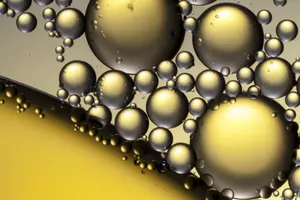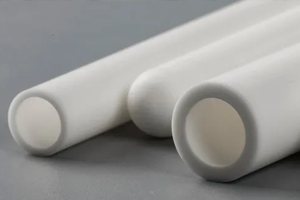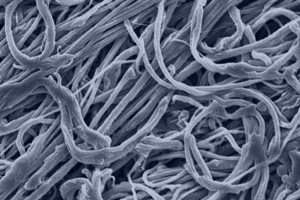Materials Forms
The diverse expertise of faculty in MSE allows research that spans all classes of materials as listed below. The state-of-the-art in research today, is the integration of various materials forms in systems, devices, and components that rely on their unique and specific properties. It involves their synthesis and processing in the form of nanoparticles, nanofibers, and nanolayered structures, to coatings and laminates, to bulk monolithic, single-/poly-crystalline, glassy, soft/hard solid, composite, and cellular structures. It also involves measurements of various properties and characterization of the structure across length scales, in addition to multi-scale modeling and computations for process-structure and structure-property correlations. The underlining goal is to develop methodologies that enable stretching the limits of performance of existing materials, or designing and creating new materials for performance specific applications utilizing sustainable processes based on bottom-up or top-down approaches and strategic use of raw materials.
Click on the specific material form below to see the list of faculty who identify that as their primary research area.
Challenges
Societal challenges of the past have often required solutions that rely on technologies made possible by innovations in materials. Future challenges similarly require solutions that advance technologies for which it will be necessary to create materials with multiple functionalities, prescribed forms, and properties customized for specific applications and performance requirements. The field of materials science and engineering is at the core of such scientific and technological innovations. With the diverse expertise of full-time faculty in MSE, combined with the courtesy faculty from most other schools in the Colleges of Engineering and Science at Georgia Tech, the materials-related research is being pursued to address the various grand challenges facing society today and tomorrow.
Click on the specific grand challenge below to see the listing of faculty, who identify that primary grand challenge being addressed in their work.














